Liaqat Hussain
Biography
My name is Liaqat Hussain. I am a civil servant by profession for the last 32 years in the Government of Azad Jammu & Kashmir (a small, semi-autonomous state in the north of Pakistan). I am a Britannia Chevening scholar and did my MSc. in Environment and Development from LSE. I am twice a CMMF scholar also, first doing MSc. in Environmental Hazards and Risk; and then PhD in Disaster Management from Durham University.
Since my return after completing my studies in 2016, I have held various key positions in the government at senior level, mainly at the policy making level. Apart from a host of different activities, I have been a part of two major disaster response activities. One is the flash floods in the Neelum Valley and the other is the earthquake in Mirpur district.

Liaqat’s reflections on study in Durham
My higher education from the UK (courtesy of Christopher Moyes Memorial Foundation and the British Council) has greatly improved my capacity and capability. I am better able to serve my people and my country. CMMF is making a tremendous contribution towards the capacity building of students from various countries of the world, especially towards the development of under developed areas of the world. I am thankful to the Trustees of the CMMF for their contribution towards my higher education, especially Mrs Jan Moyes, and wish them all the best with their efforts to make this world a better place.
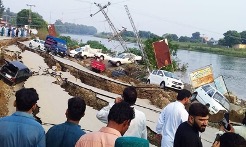
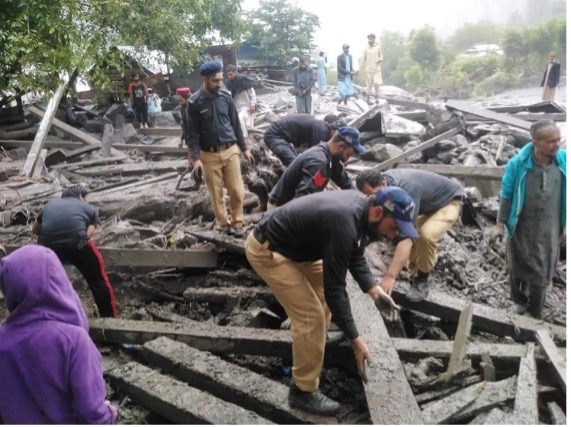
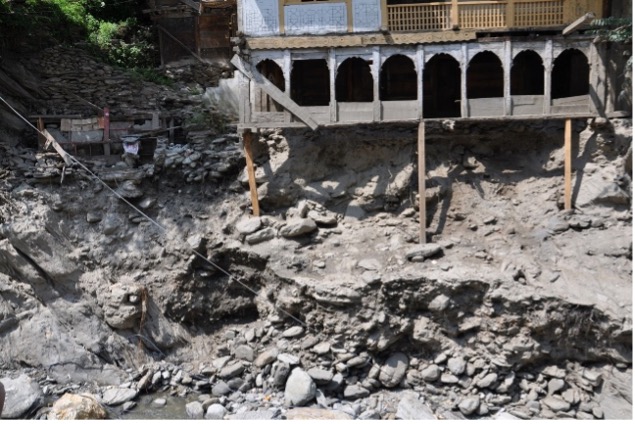
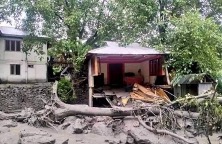
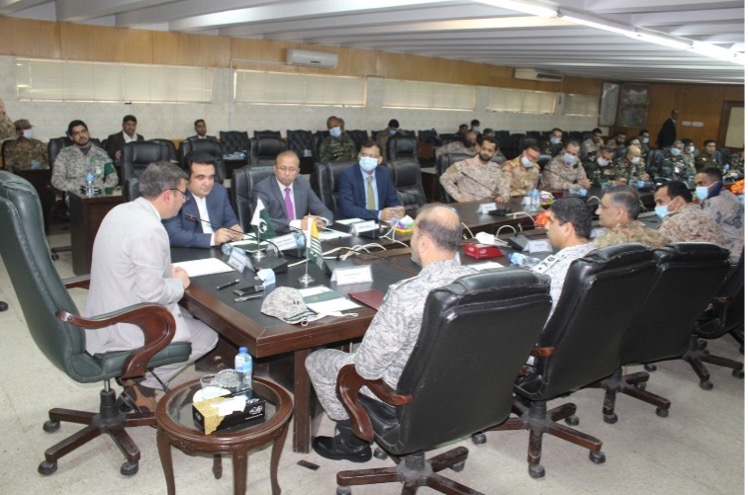
PhD Research: Post-Disaster Housing Reconstruction in Pakistan
For his PhD project, Liaqat assessed the success of the Pakistan government’s approach to housing reconstruction, which is ‘owner-driven’ where home owners recovering from a disaster are directly involved in the reconstruction process. For his MSc dissertation, Liaqat learned that government housing reconstruction after the 2005 Kashmir earthquake worked well for people living in rural areas, but not as well for those living in urban areas, leaving many people without homes to this day. Liaqat’s research will investigate why this was the case, while also evaluating other approaches to post-disaster housing reconstruction.
Housing is of utmost importance to people attempting to recover from disaster. In many cases private housing is the worst affected by earthquakes. Liaquat focused on finding out how housing becomes even more important to people’s lives after a disaster occurs. There is currently a lack of academic research on the owner-driven housing reconstruction approach used by government, although the intervention was unique and never implemented before. Many lessons were given during the aftermath of the earthquake in terms of management and reconstruction.
Liquat evaluated the owner-driven approach used in Kashmir to understand how it can be transferred to other regions of Pakistan and different parts of the world, along with its long-term sustainability. Recovering from disaster is also a matter of housing design particularly the construction of earthquake resistant homes in rural areas. Liaqat also looked at how the owner-driven housing approach addresses the vulnerability of communities to earthquakes and how they can recover from future disaster events.
Thesis:
- Post-Disaster Housing Reconstruction: A Study of The Government of Pakistan’s Housing Reconstruction Programme in Azad Jammu & Kashmir after October 2005 Earthquake. Abstract.
 Thesis in full
Thesis in full
Presentation: POST-EARTHQUAKE HOUSING: Owner driven reconstruction in AJK 2005 – 2015; Sharing the fieldwork result
Activities since PhD
Since my return I have worked as Secretary Higher Education (twice), Secretary Services and General Administration, Secretary Inland Revenue, and Additional Chief Secretary (General). Presently, I am posted as Senior Member Board of Revenue. This department deals with (along with a host of activities) “Land Administration, preparation and maintenance of Land Records, highest court of appeal for land related cases, Land Laws, lease of the government lands and land acquisition, rehabilitation of refugees, Relief camps management, policy formulation and monitoring of rehabilitation work of the calamities affected population, relief and rehabilitation of war displaced persons, Famine Relief Fund and funds for calamities such as floods, locusts, earthquakes etc., budget estimates for ‘Relief Measures’, female dependents under land reforms, all such matters as administration, rehabilitation, compensation etc. of displaced persons from construction of dams, problems of new towns and hamlets as a result of dam construction”.
